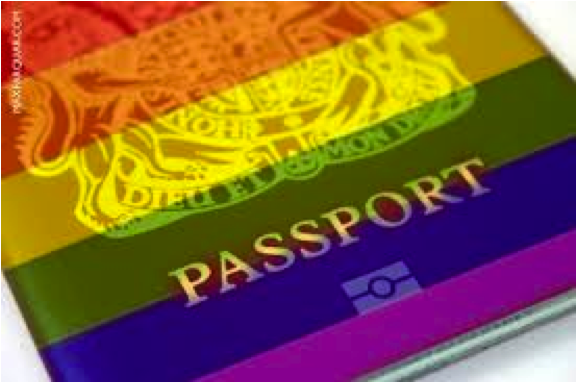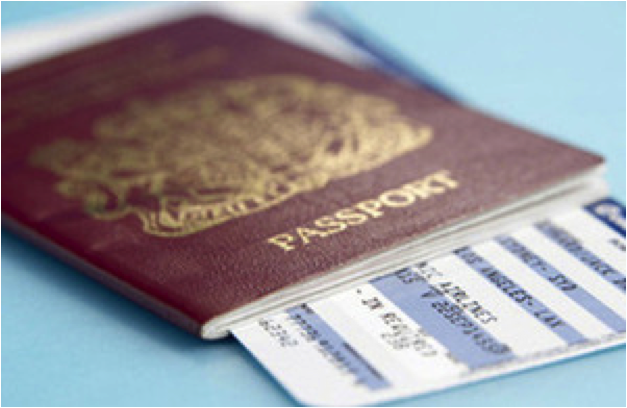This is a heavily UK focused (I love the UK, aside from the food in Scotland that is!) post about losing and replacing your passport, but the main points are relevant for anyone, no matter which country you are from. Sometimes you never think about the worst-case scenario before they occur and in the case of needing to replace a passport, you should always be aware of when it is necessary to do so.

Every passport has an expiry date that usually lasts for about ten years after it was issued. Before this expiry date approaches, it would be in your best interest to start looking into the application process for renewing or replacing your passport. Some countries require that you have at least three months left of validity on your passport after your last day in that country. Make sure to read the various expiry date requirements for your intended destination prior to departure. If you decide to travel despite the approaching expiry date, make sure to apply for a replacement passport upon your return.
This whole thing may take several weeks due to processing, so the sooner you are able to start the appropriate application process the less likely you will be to have interrupted or restricted travel plans. Believe me, this point is important, passport applications can be a nightmare!
You should replace your passport if you’ve lost it in anyway. Passport theft is all too common and the only way to continue to travel is for you to replace the missing passport. Emergency travel documents can be issued in a foreign country if you’re able to attend an appointment at the local embassy or consulate of your home country.

You should replace your passport to an updated version if you are going through a gender reassignment procedure. In the transgender community, many individuals have to get new forms of identification after legally transitioning to another gender. If you are in the UK, you will have to send a new passport application to the Home Office as well as include some supplementary documents. Those documents may include a letter from your medical team authorising that your change of gender will be permanent, and forms with your official change of name, e.g. a Deed Poll.
If there will are any changes to your name due to marriage, civil-partnership, different spelling of your first name etcetera, you are required to replace your existing passport as well. Additional documents may be necessary for your passport application such as marriage certificates and other legal forms confirming the change of name.

You should replace your passport if it has become damaged in any way. Most current passports have biometric identification chips in the book cover. If passports get overly damp or bent, those electronic chips can be compromised. Without a working chip in your passport, it will not scan when at airport security check-ins. If you know your passport has experienced irreparable damage, begin an application to have it replaced.
Also, note that any new passport that you’ve received as a replacement for an original will have time added to the expiration date. Time left on an existing passport will be transferred to the new one, however, there is only a maximum of nine months that can be transferred.
Visit the Nomadical Sabbatical homepage for more great posts.

